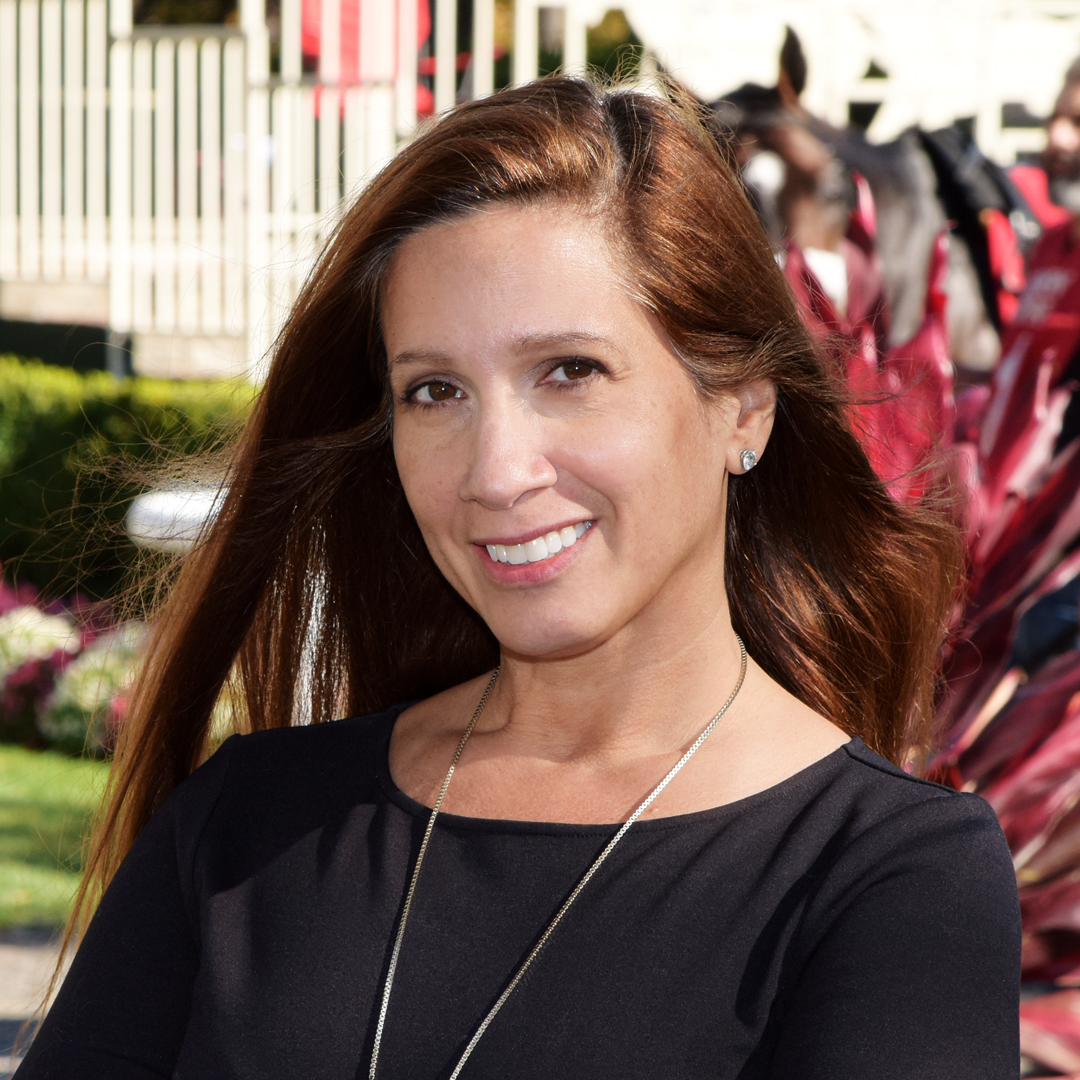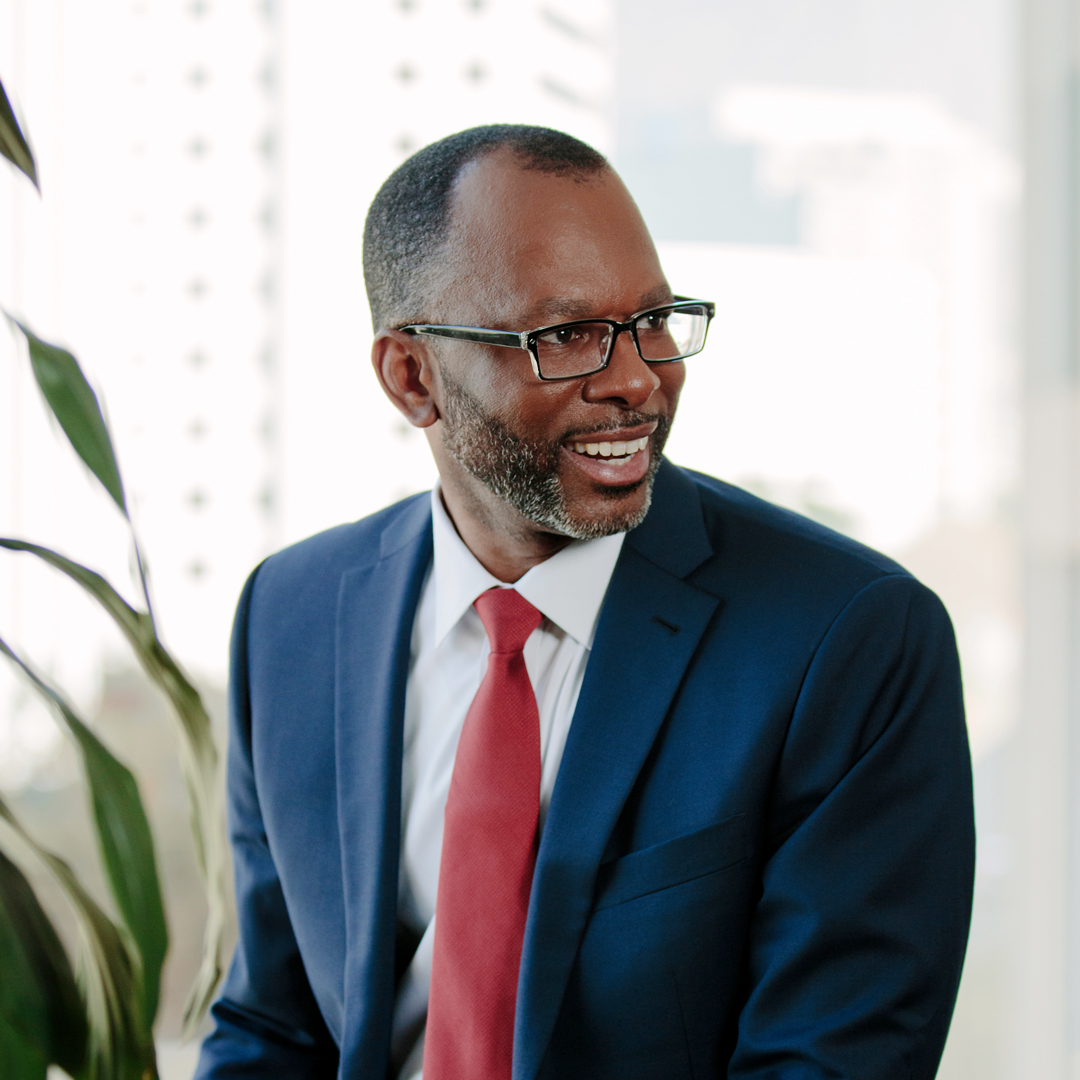“How do you grow into the company you want to be while holding onto the core that made you successful?” Zaina Orbai asks. As chief people officer for the RealReal, Orbai grapples with this question as the company enters a new phase of growth.
With fourteen million members, $1 billion in consignor payouts since its inception, and strong revenue and gross merchandise value growth, the RealReal went public in June 2019 with a path to profitability. The RealReal is paving new pathways in the luxury consignment industry, but internally it sits at a crossroads. While its employee count has grown to more than two thousand, a start-up feel and zeal still buzzes as the RealReal contends with scaling and, as Orbai says, “the discipline, rigor, and expertise” that a public company demands.
For the RealReal, market is not a problem. After a luxury item is identified, transported, authenticated, photographed, and posted online, it will most likely sell within ninety days. Consumers want to be part of a circular economy that grants them access to luxury goods.
Orchestrating a people-intensive model to ensure access to those goods, however, is difficult. The company must understand the needs of its employees, who work across various levels in e-commerce centers, retail stores, luxury consignment offices, and online sales.
Orbai sees the RealReal’s structural complexities not as overwhelming but as a worthy challenge. “I love to spend time with different employees across the company,” she says. “It is important to think about the specific needs of each workforce that thread across the fabric and culture of the entire organization.”

Growth Expertise
Coming to the RealReal in March 2019, Orbai brought a career history that aligned with the company’s needs. She had spent a decade in retail developing skills around operations and management. Then she worked in the tech sector, which included six years at Yelp during its massive growth phase.
However, it was local and international nonprofit work that initiated her into the corporate sector. “In the nonprofit world, I had to motivate and inspire through mission and purpose,” Orbai says.
This experience, the importance of fostering engagement and passion, is an underlying hallmark of her methods. “I learned management leadership in places where you had to galvanize people, many of whom were volunteers,” she explains. “I had to learn why and what motivated each person to show up to work every day. People want to feel connected and valued.”
In action, her leadership is less cheerleading and much more on building and problem-solving. Responsible for the entire employee pipeline, Orbai creates systems that get people to join the RealReal—and to stay.
A People-Focused Strategy
Onboarding and leadership development currently sit at the top of Orbai’s to-do list—no surprise with all the new hires. Employees, Orbai explains, are drawn to the company for reasons like sustainability, fashion, and the company’s unique omni-channel model.
While those are great reasons for getting to the door, Orbai enhances assessment and data gathering to ensure people will come through the door and stay. For example, she says research indicates that, in the first ninety days on a job, the most valuable relationships among employees are created. Orbai is designing onboarding structures that include conversation templates to guide managers through complex new-employee conversations.
A foundational aspect of her hiring strategy is team building. She feels that employees should compound, not simply increase, work. “I hire teams, not individuals. The goal is, add the right person to right team and ‘1 + 1 makes 11,’” she says. To do this, hiring managers must remain cognizant of skill sets.
So far, training has been very functional, she notes. Currently, she is building out framework across all leadership layers of the company. This includes developing a feedback culture; balancing appreciation, coaching, and evaluation; and instituting program called REAL Conversations: results, engagement, authenticity, and longevity.
“We also need to develop overarching leadership training,” she adds. This involves considering key moments that matter and career transitions at different stages in an employee’s journey.
“You must be intentional when introducing change. If you have a great agenda and no buy in or time, it won’t work.”
A RealReal Impact
Intentionality also guides leadership for Orbai, focusing on time and prioritization, key as the RealReal continues to grow. Orbai continually asks herself: “Where and how can I best drive impact?”
“You must be intentional when introducing change,” she cautions. “If you have a great agenda and no buy in or time, it won’t work. When do you run, pause, or punt?”
At the RealReal, a founder-led company, one impact Orbai currently seeks to drive is extension of leadership’s energy, passion, and vision into the next phase. “It’s exciting to see the puzzle pieces change,” she says. “Every six months, you revisit priorities and blow up assumptions.”
As the organization moves toward assessing values—shifting from the nose-to-the-grindstone ideas to greater complexity around how to be and how to work—Orbai envisions a results- and data-driven culture that is also collaborative. “I am a bottom-up leader. The best solutions come from people closest to the problem,” she says.
On a practical level, more cross-functional collaboration must happen as the company grows. The RealReal headquarters in San Francisco is a small fraction of the organization, which is widely spread around the country. They are investing in internal communications to unify all employee units. “My product is employees—do great people want to join, stay and contribute their best work?” Orbai says.
It makes sense that she is most proud of the people, teams, and businesses she has touched. Recently, Orbai participated in an appreciation exercise that validated the work she does. She says an employee told her, “You are the next generation HR leader and CHRO. Your intentions are so pure.”

